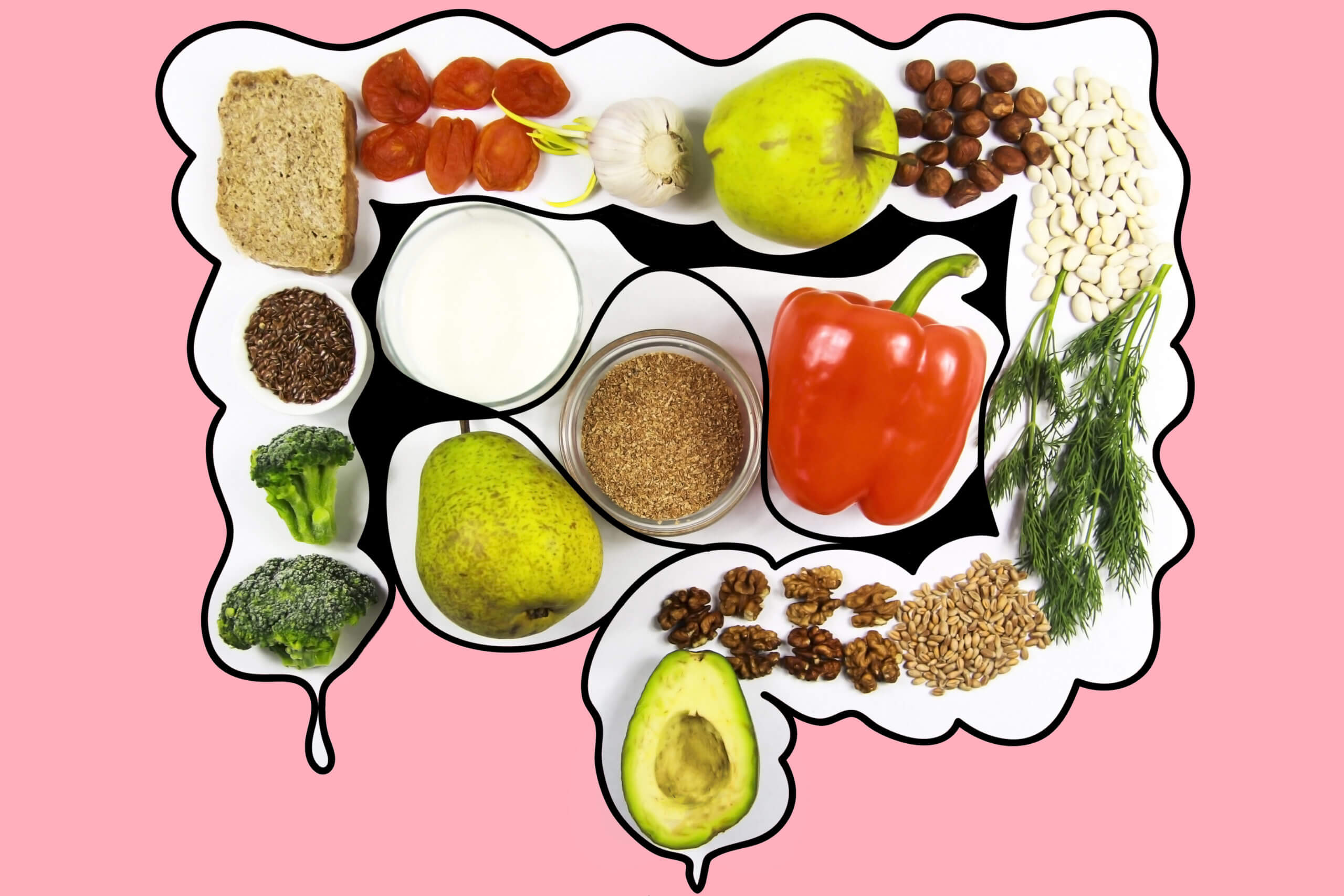A new study reveals that matching blood or stool samples to a food database can uncover how much of our body’s chemistry is able to be traced to diet. An international team of scientists, led by University of California San Diego researchers, call the new method untargeted metabolomics.
This new method is able to match all of the metabolism products in a specimen to large databases of samples, providing an unparalleled catalog of the molecular markers created by eating food or by processing it in the gut.
“Untargeted mass spectrometry is a very sensitive technique that allows for the detection of hundreds to thousands of molecules that can now be used to create a diet profile of individuals,” says co-corresponding author Pieter Dorrestein, PhD, director of the Collaborative Mass Spectrometry Innovation Center at UCSD’s Skaggs School of Pharmacy and Pharmaceutical Sciences, in a statement.
Previous metabolomic studies have identified only 10% of molecular features in samples, while 90% remain unaccounted for. This new approach features reference-data-driven (RDD) analysis to match data from mass spectrometry, allowing for a wider reach. Through this, the researchers were able to investigate thousands of foods contributed by people from across the globe in the Global FoodOmics initiative launched at the university seven years back. They can also distinguish dietary patterns (e.g. vegan versus gluten-free) and consumption of specific foods as well as match the data against any existing reference databases.
The researchers believe this is a step in the right direction, relieving the burden off patients who may not be able to recall their diet well enough, and providing more accurate pictures to healthcare professionals. “This advance is crucial because traditional methods for measuring diet, such as food diaries or food frequency questionnaires, are a pain to fill out and very hard to do accurately,” said co-corresponding author Rob Knight, PhD, director of the Center for Microbiome Innovation at UCSD.
Most interestingly, Dorrestein and Knight were intrigued by the improvements in how blood or stool molecules could be traced when food items were matched to population, like matching certain Italian foods to people from specific regions within the country. Their work emphasizes the importance of collecting food samples as well as clinical and metabolic samples to understand how our microbes and molecules are connected to nutrition.
This study is published in the journal Nature Biotechnology.
